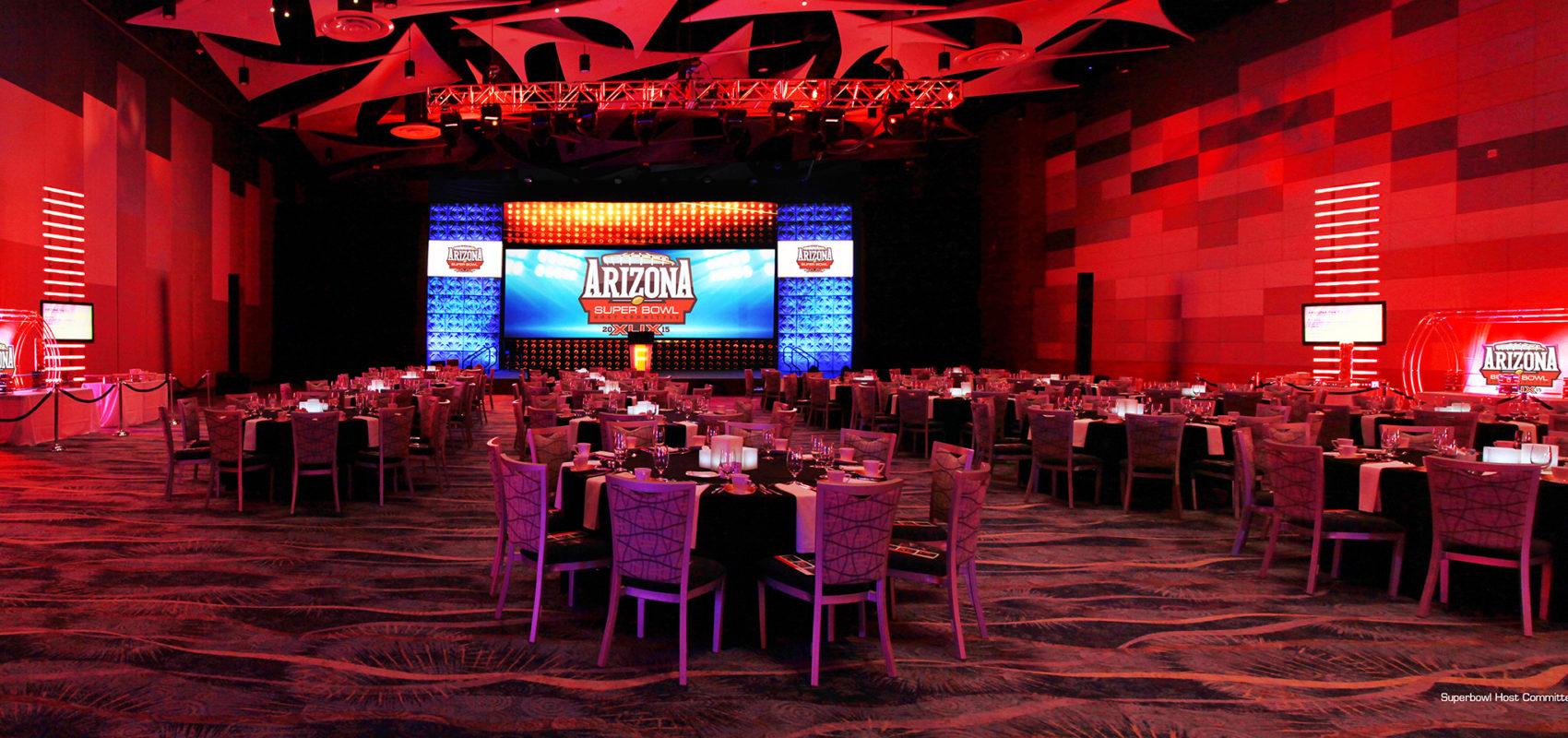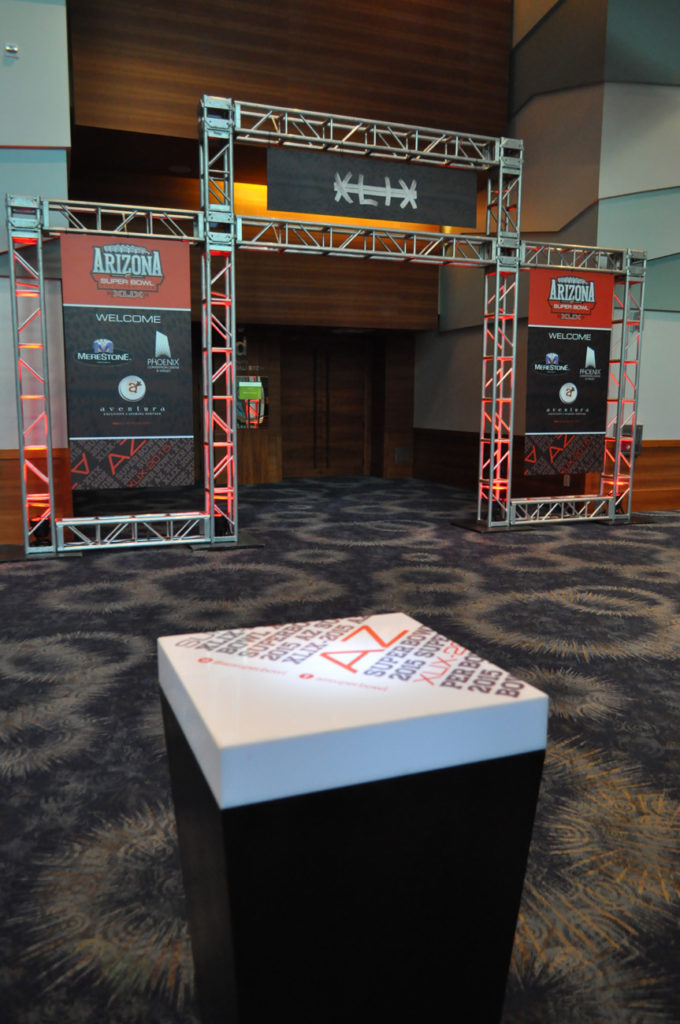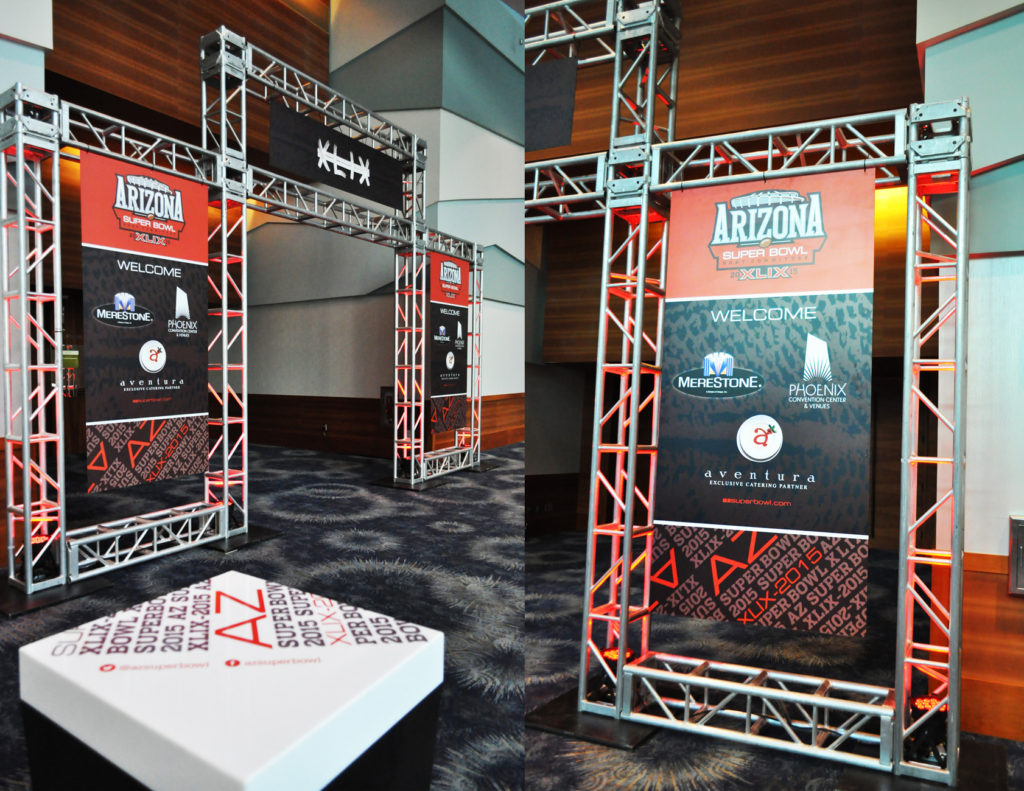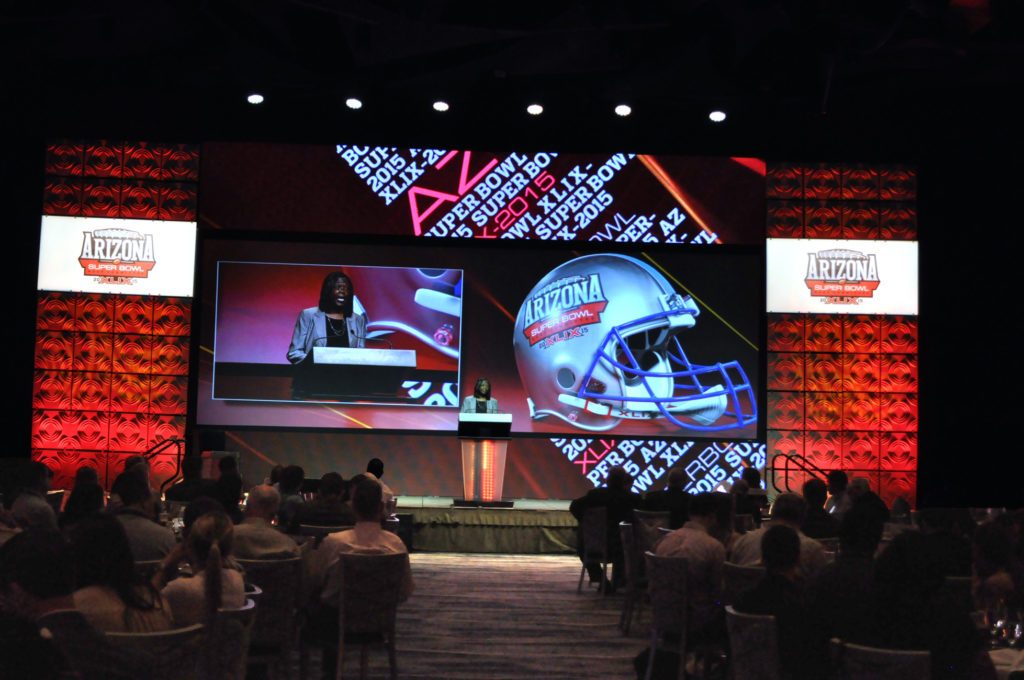
Building a Sustainable Event: Environmentally Conscious Planning and Execution Strategies
As the event planning industry evolves, a growing emphasis is being placed on sustainability and environmental consciousness. Now more than ever, it’s imperative that event planners prioritize green initiatives and incorporate eco-friendly practices throughout the planning and execution of their events. As a leading meeting and event production company, Merestone is committed to providing guidance and support for clients seeking to create more environmentally sustainable experiences.
In this comprehensive article, we’ll explore the crucial components of organizing a sustainable event, examining the various aspects that contribute to your event’s overall environmental impact. By offering actionable steps and strategies, we aim to help you make informed, eco-conscious decisions as you plan and execute your next event.
Starting with the foundational elements of sustainability, we’ll delve into the importance of selecting eco-friendly venues, leveraging technology to reduce paper waste, and embracing responsible transportation options. We’ll also discuss how to choose environmentally friendly materials and decorations, as well as how to minimize food waste by opting for sustainable catering solutions.
Next, we’ll explore innovative approaches to maintaining sustainable practices throughout the event execution process, touching on monitoring energy consumption, managing waste responsibly, and encouraging attendee engagement in eco-conscious behaviors.
Finally, we’ll provide insights into measuring and communicating the success of your sustainable event efforts by analyzing metrics, setting key performance indicators (KPIs), and sharing your achievements with attendees, sponsors, and stakeholders alike.
Embark on this enlightening journey towards greener event planning with Merestone’s expertise and commitment to eco-friendly practices. Together, we can make a significant, positive impact on the environment, setting the stage for a more sustainable future in the events industry.
Building a Sustainable Event: Environmentally Conscious Planning and Execution Strategies
The Foundation of Sustainable Event Planning
1. Selecting Eco-Friendly Venues
Choosing a venue that prioritizes sustainability is a crucial first step in creating an environmentally friendly event. Seek out options that have implemented green initiatives, such as energy-efficient HVAC systems, solar power, and water conservation measures. Additionally, consider the venue’s location and accessibility to public transportation, as this can reduce your event’s overall carbon footprint.
2. Leveraging Technology to Reduce Paper Waste
Embrace digital solutions for event materials and communications to minimize paper waste. Utilize event apps, virtual invitations, and online registration platforms to streamline information sharing and attendee management. Implementing such technologies not only reduces waste but also allows for efficient updating of schedules and last-minute announcements.
3. Embracing Responsible Transportation Options
Promote sustainable transportation choices for attendees by providing information on public transit options, organizing shuttle services, or encouraging carpooling initiatives. By offering alternatives to single occupancy vehicles, you can help reduce greenhouse gas emissions associated with your event.
4. Environmentally Friendly Materials and Decorations
Opt for reusable, biodegradable, or compostable materials when selecting tableware, signage, and other event elements. Incorporate natural or recycled elements in your decor, such as repurposed wood, potted plants, or upcycled decorations. This not only minimizes waste but also adds an environmentally conscious aesthetic to your event.
Sustainable Catering and Food Waste Reduction
1. Supporting Local and Seasonal Ingredients
Work with caterers who prioritize the use of locally sourced, seasonal ingredients to reduce the carbon footprint associated with the transportation of food. This also helps support local farmers and businesses, as well as ensure that your menu contains the freshest ingredients.
2. Encouraging Plant-Based Menus
Offering plant-based or vegetarian menu options can significantly lower the environmental impact of your event. The production of meat and dairy products has a considerably higher carbon footprint than fruits, vegetables, and grains, so providing plant-based alternatives is a simple and effective sustainability strategy.
3. Practicing Portion Control and Food Donation
Collaborate with your caterer to implement appropriate portion sizes, reducing both food waste and costs. Additionally, consider partnering with local food banks or charities to donate any surplus food following your event, ensuring that usable food does not go to waste.
Innovative Approaches to Sustainable Event Execution
1. Monitoring Energy Consumption
Keep track of energy usage throughout your event by coordinating with your venue to monitor and manage electricity consumption. Optimize lighting and heating or cooling systems to ensure energy efficiency and implement timers or motion sensors to control lighting in low-traffic areas.
2. Managing Waste Responsibly
Implement comprehensive waste management strategies, such as providing clearly labeled recycling and composting bins throughout your event space. Work with your venue and waste management partners to ensure proper disposal and recycling of materials, minimizing your event’s impact on local landfills.
3. Encourage Attendee Engagement in Eco-Conscious Behaviors
Educate your attendees about your event’s sustainability efforts and encourage their participation in eco-friendly practices. Offer reusable water bottles or encourage the use of personal bottles, provide clearly marked recycling stations, or issue event badges made from biodegradable materials.
Measuring and Communicating Sustainable Event Success
1. Analyzing Metrics and Setting KPIs
Establish sustainability metrics and KPIs to track your event’s progress toward its environmentally conscious goals. Monitor everything from energy consumption and waste diversion rates to food waste reduction and attendee participation in green initiatives. By analyzing this data, you can identify areas of improvement for future events.
2. Sharing Success with Attendees, Sponsors, and Stakeholders
Communicate your sustainability achievements and milestones with attendees, sponsors, and stakeholders during and after your event. This not only demonstrates your commitment to environmental responsibility but also encourages others to adopt eco-friendly practices in their events and daily lives.
Conclusion
Event and meeting planners have a unique opportunity to make a positive impact on the environment by incorporating sustainable practices throughout the planning and execution process. By selecting eco-friendly venues, leveraging technology, promoting responsible transportation options, and focusing on sustainable catering and waste management, you can create a greener event experience for everyone involved. With Merestone’s expertise and commitment to environmentally conscious planning, your next event can contribute towards building a brighter, more sustainable future for the events industry and beyond.
Event Gallery
LET’S GET STARTED WITH YOUR EVENT
Quick Links
















